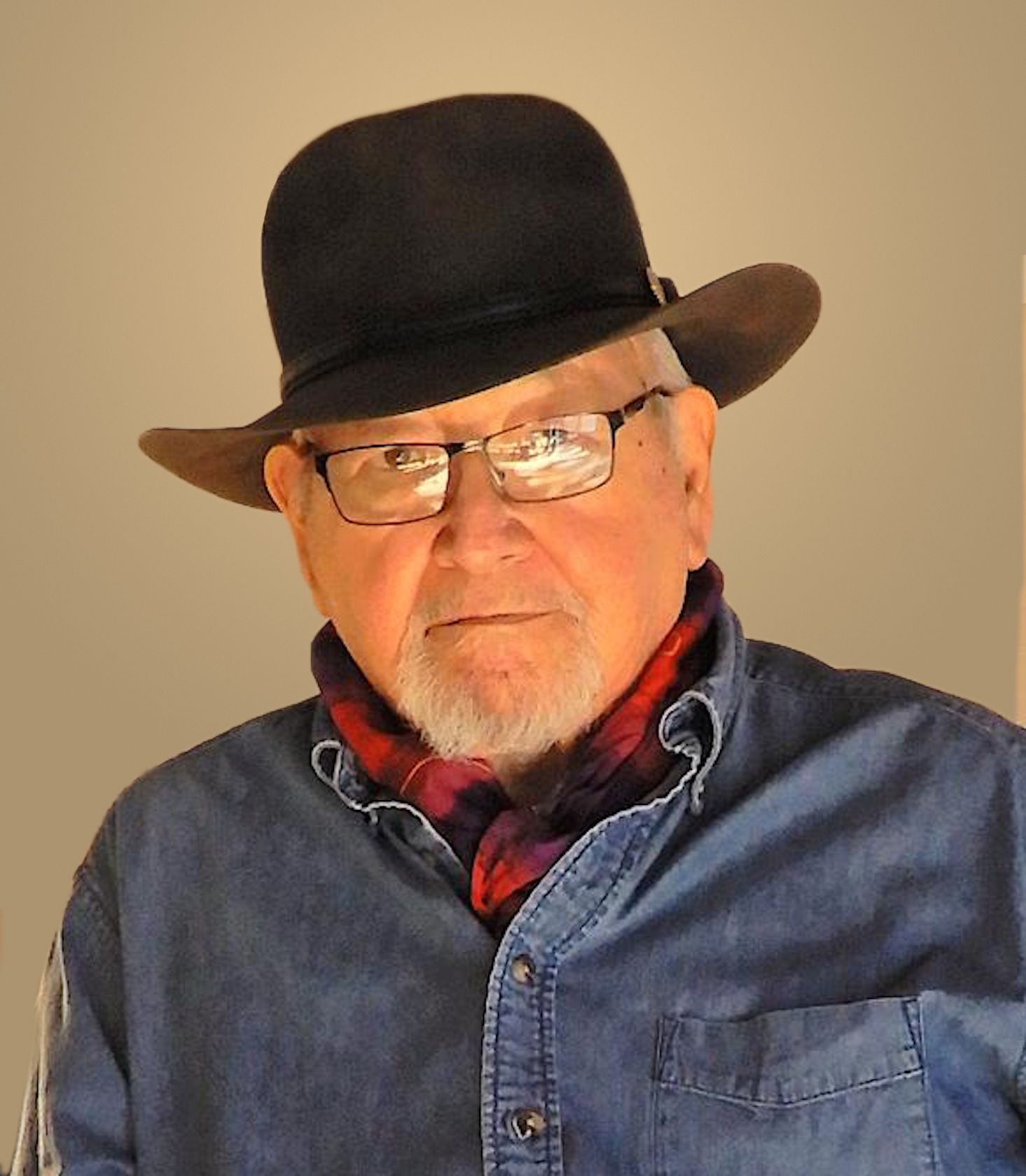
Native Author, N. Scott Momaday, to be Honored with Dayton Literary Peace Prize

N. Scott Momaday
Published July 23, 2019
DAYTON, Ohio — Writer N. Scott Momaday (Kiowa), who for more than half a century has illuminated both the ancient and contemporary lives of American Indians through fiction, essays, and poetry, will receive the 2019 Ambassador Richard C. Holbrooke Distinguished Achievement Award, organizers of the Dayton Literary Peace Prize announced today.
Named in honor of the celebrated U.S. diplomat who played an instrumental role in negotiating the 1995 Dayton Peace Accords that ended the war in Bosnia, the award will be presented to Momaday at the Dayton Literary Peace Prize Gala on November 3rd, 2019. Founded in 2006, The Dayton Literary Peace Prize is the only international literary peace prize awarded in the United States. It honors writers whose work use the power of literature to foster peace, social justice, and global understanding. The Ambassador Richard C. Holbrooke Distinguished Achievement Award recognizes authors for their complete body of work.
A Kiowa Indian, Navarre Scott Momaday was born in 1934 and grew up on Southwestern Navajo, Apache, and Pueblo reservations, where his parents were teachers. His first novel, House Made of Dawn(1968), which tells the story of a young man returning to his Kiowa pueblo after a stint in the U.S. Army, won the 1969 Pulitzer Prize for fiction and has been widely credited with spearheading the breakthrough of Native American literature into the mainstream. Momaday helped ensure the preservation of Kiowa history and folk tales by offering his own lyrical interpretations in The Way to Rainy Mountain (1969), and shared how respect for his ancestors shaped his early life in The Names: A Memoir (1976). His reverence for the natural world as a sacred space is reflected in his many stories, essays, and poems, which have been published in such acclaimed collections as Angle of Geese and Other Poems (1974), The Man Made of Words: Essays, Stories, Passages (1997) and The Death of Sitting Bear: New and Selected Poems (due in 2020). Momaday was awarded the National Medal of Arts in 2007.
“N. Scott Momaday’s body of work illustrates the power of ritual, imagination, and storytelling to mediate between cultures, produce peace through intercultural understanding, and heal individuals damaged by conflict,” said Sharon Rab, the founder and chair of the Dayton Literary Peace Prize Foundation. “By honoring and safeguarding the storytelling traditions of our nation’s indigenous communities, his writings at the same time affirm the value of a multicultural society.”
On winning the Ambassador Richard C. Holbrooke Distinguished Achievement Award, Momaday said: “If we are to understand the synthesis of literature and peace, we must first consider that the end of art is the definition of the human condition. In its ultimate realization the human condition is a state of peace. Peace is the objective of human evolution, and literature is the measure of that evolution. The history of human experience is in many ways a history of dysfunction and conflict, and literature, because it is an accurate record of that history, reflects not only what is peaceful but what is the universal hope and struggle for peace. Literature and peace are at last indivisible. They form an equation that is the definition of art and humanity.”
Momaday will join the ranks of past winners of the Ambassador Richard C. Holbrooke Distinguished Achievement Award, formerly called the Lifetime Achievement Award, including Studs Terkel (2006), Elie Wiesel (2007), Taylor Branch (2008), Nicholas Kristof and Sheryl WuDunn (2009), Geraldine Brooks (2010), Barbara Kingsolver (2011), Tim O’Brien (2012), Wendell Berry (2013), Louise Erdrich (2014), Gloria Steinem (2015), Marilynne Robinson (2016), Colm Tóibín (2017), and John Irving (2018).
Finalists for the 2019 Dayton Literary Peace Prize will be announced on August 13th, 2019.
The post Native Author, N. Scott Momaday, to be Honored with Dayton Literary Peace Prize appeared first on Native News Online.
